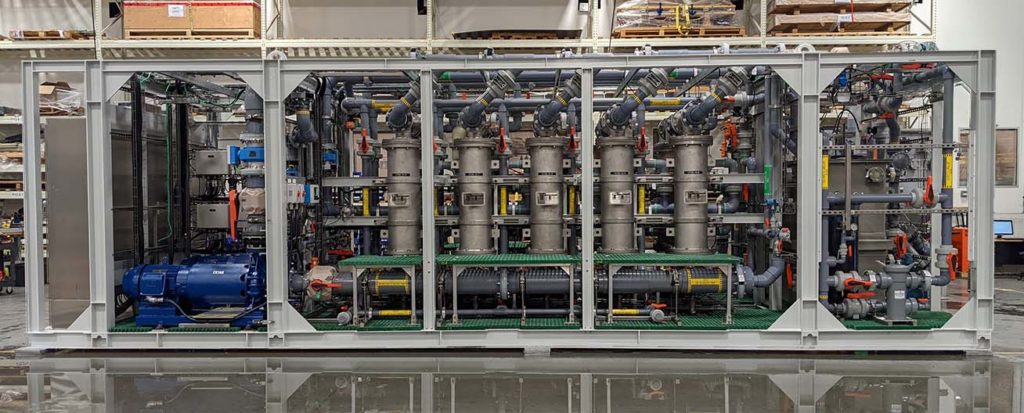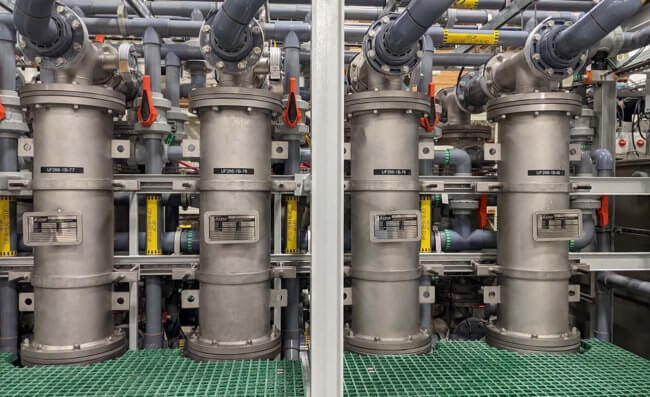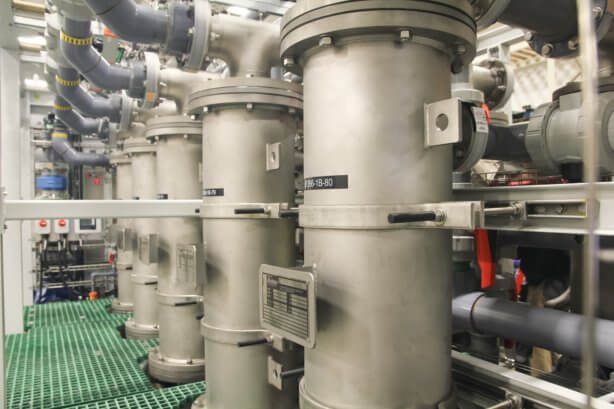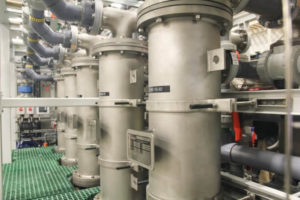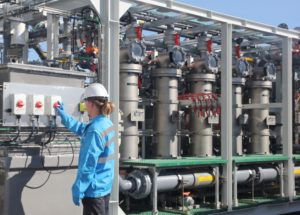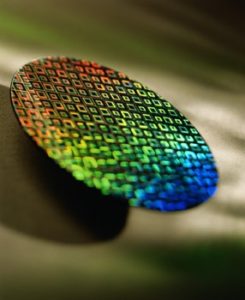
Fluoride Removal from Industrial Wastewater Using Advanced Chemical Precipitation and Filtration
New modular, intelligent, and automated chemical precipitation with a ceramic membrane filtration system eliminates the challenges of chemical overdosing and large footprint requirements.
